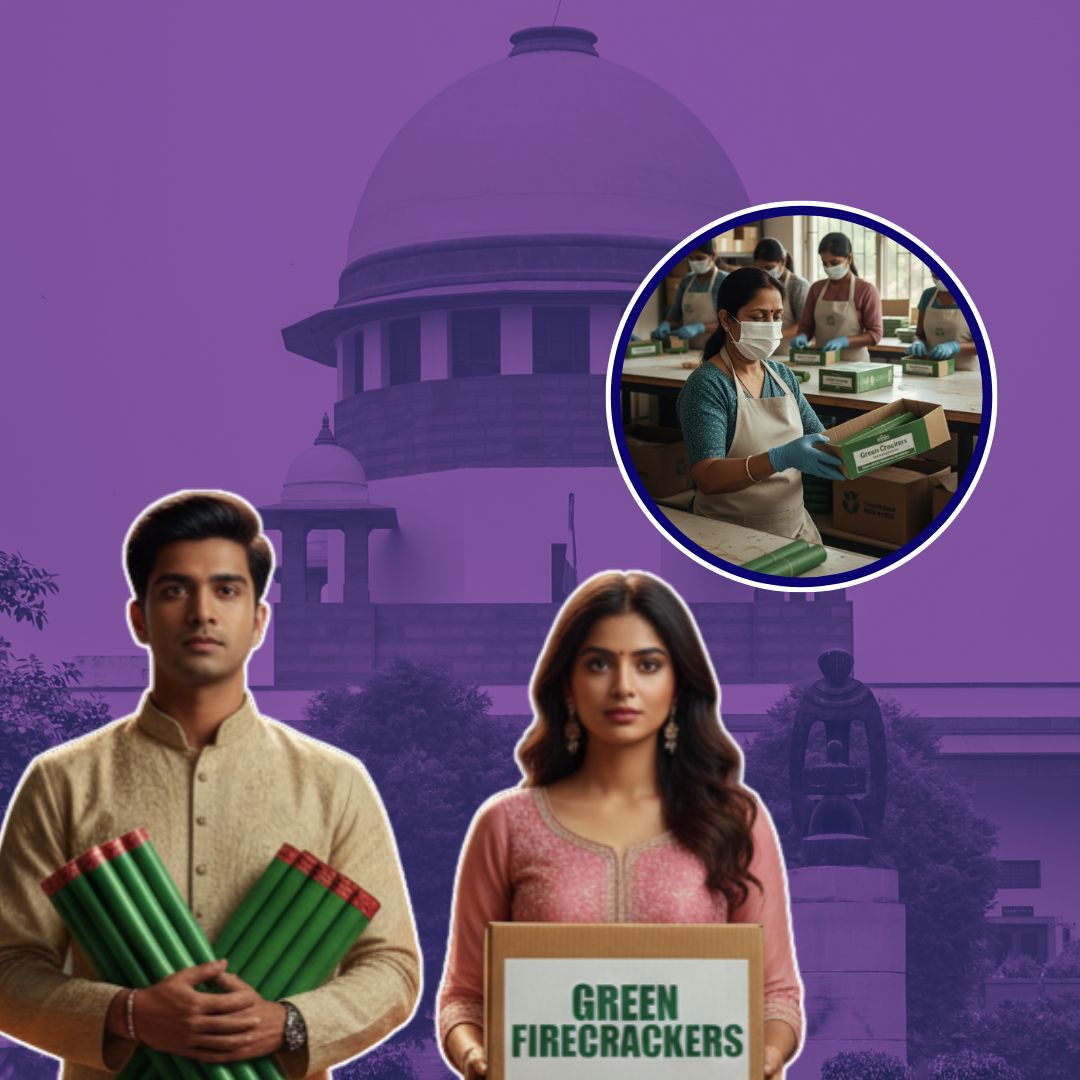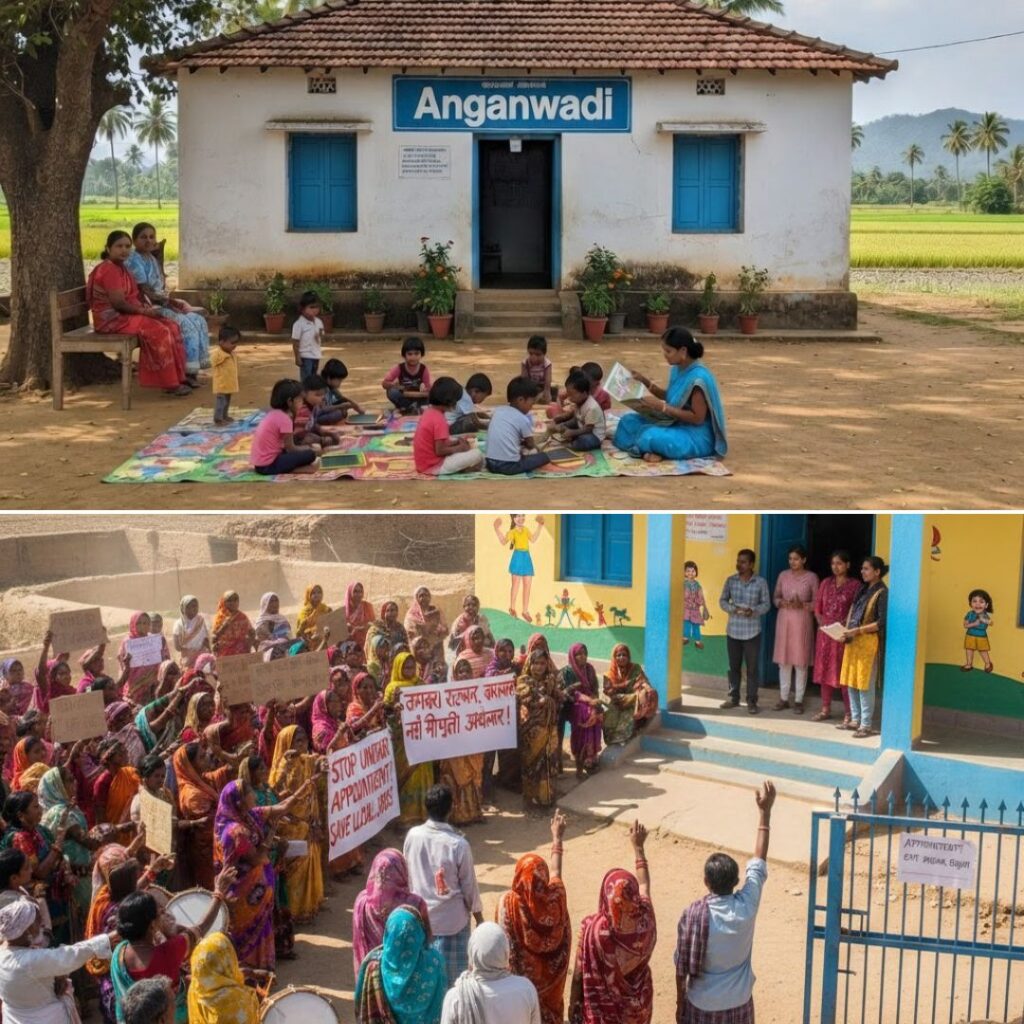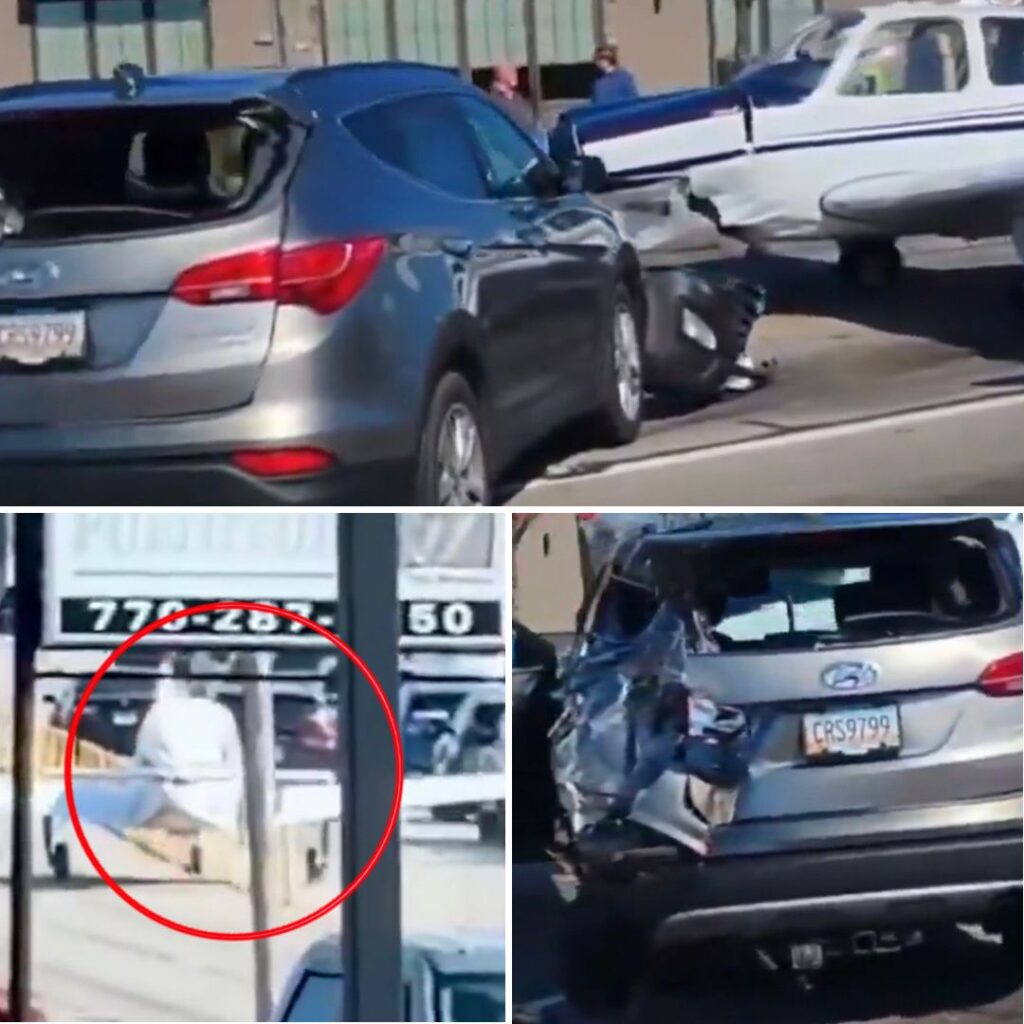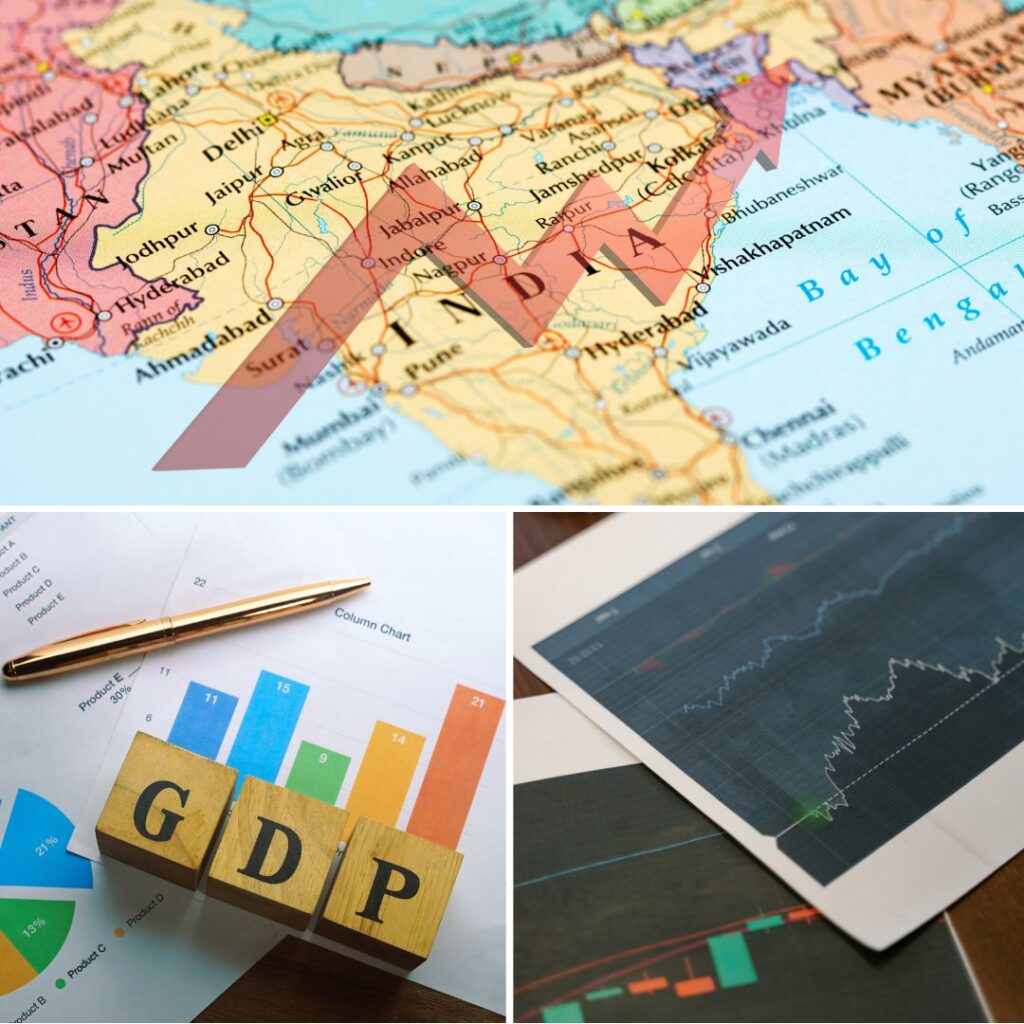In a crucial order on September 26, 2025, the Supreme Court permitted certified manufacturers to produce green firecrackers in Delhi and the National Capital Region (NCR) ahead of the Diwali festival but prohibited their sale and storage within this region.
The Court made it clear that only manufacturers with valid certification from the National Environmental Engineering Research Institute (NEERI) and the Petroleum and Explosives Safety Organisation (PESO) could continue production, provided they submit an undertaking that no sales will occur in the Delhi-NCR area. This decision comes amidst severe air pollution concerns in the region and ongoing legal challenges to an earlier year-round ban on firecracker manufacture, sale, and storage imposed in April 2025.
The Court also directed the Central government to consult all stakeholders, including the Delhi government, manufacturers, and sellers, and present a balanced policy solution by the next hearing scheduled for October 8.
Balancing Economic Livelihoods and Public Health
Chief Justice BR Gavai and the bench comprising Justices Vinod Chandran and NV Anjaria underlined the challenge of balancing economic interests with public health imperatives. The Court noted that outright bans risk unintended consequences, citing the example of illegal mining mafias that emerged despite a complete ban in Bihar. The bench remarked that extreme restrictions might hurt the livelihoods of workers in the firecracker industry without effectively curbing pollution.
Senior Advocate K Parameshwar, representing manufacturers, emphasised their willingness to adhere to stringent environmental and safety norms, invoking the 2018 Arjun Gopal case which allowed green firecrackers under conditions. On the other hand, Amicus Curiae Aparajita Singh cautioned about the health impact on vulnerable populations, such as the elderly and children, urging the Court not to relax bans lightly.
The Court thus allowed continued manufacture but upheld the ban on sale in Delhi-NCR as a compromise pending a comprehensive strategy.
Historical Context and Ongoing Pollution Challenges
The Delhi-NCR region has long grappled with hazardous air quality, especially during and after Diwali, largely due to firecrackers, crop residue burning in neighbouring states, vehicle emissions, and adverse weather conditions. The National Green Tribunal first imposed a seasonal firecracker ban in 2017 which the Supreme Court has supported and extended in various rulings.
In April 2025, the Court ordered a year-round ban on manufacture, sale, and storage of firecrackers in Delhi-NCR, responding to worsening pollution levels. Despite these measures, enforcement challenges and illegal firecracker sales persist annually. This latest ruling marks a shift towards a more nuanced, consultative approach, urging the Union Government to devise a policy balancing environmental benefits with socio-economic realities by the next hearing.
Delhi Environment Minister Manjinder Singh Sirsa welcomed the balanced stance, noting that residents are capable of celebrating responsibly without compromising air quality.
The Logical Indian’s Perspective
This Supreme Court order reflects a thoughtful move away from rigid prohibition towards inclusive dialogue that respects both environmental sustainability and people’s livelihoods. It recognises the complexity of environmental justice in a deeply populated urban region where festivals hold cultural significance but public health cannot be compromised.
Promoting green crackers and strict regulatory oversight showcases how innovation and tradition can coexist harmoniously when collective responsibility is embraced. The Logical Indian urges readers to reflect on how communities can innovate Diwali celebrations in green, joyful ways that safeguard health while honouring culture.












